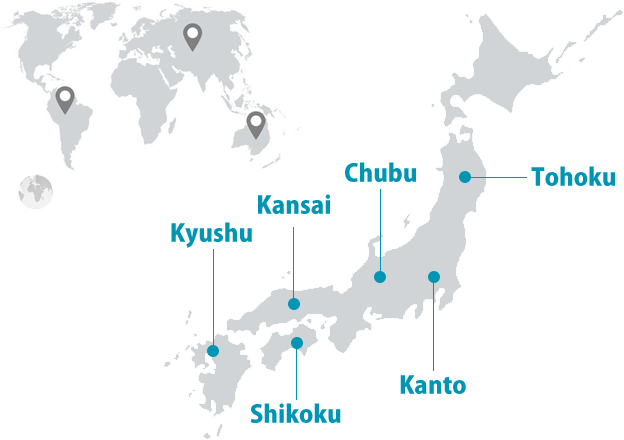Robotic surgery is a highly technical approach to minimally-invasive surgery, with only three smaller incisions, less scarring, decreased postoperative pain, and shorter hospital stay.
We, Team Watanabe, are cardiac surgery professionals. We are here for you; you are not alone.
We offer less waiting time till you your surgery so that we can treat as many patients as possible including those with complicated cases and re-do surgeries. Please feel free to ask any question to our e-mail clinical consultation.
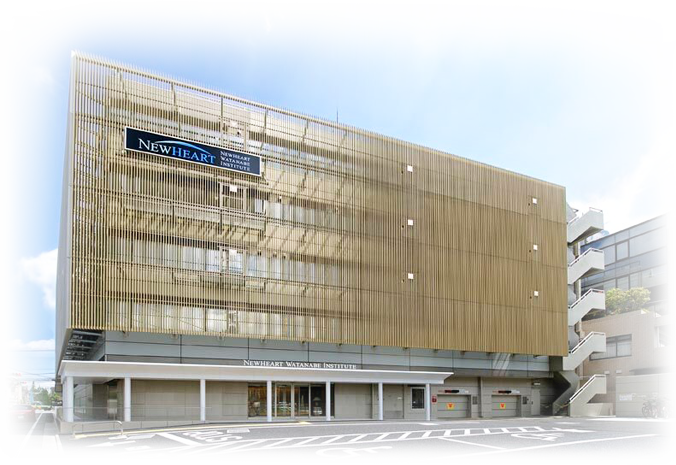

We, Team Watanabe, are cardiac surgery professionals. We are here for you; you are not alone.
Coronary artery disease, Angina Pectoris, Myocardial infarction, Atrial fibrillation, Cardiac insufficiency, Heart Valve Disease, Aortic valve stenosis, Mitral valve stenosis, Aortic valve regurgitation, Mitral valve regurgitation, tricuspid valve regurgitation, Aortic aneurysm, atrial septal defect, Infectious endocarditis, and Arrhythmia.

Robotic Cardiac Surgery
2134 cases
(Dec 2005 to Jun 2025)Bleeding volume
Less than 50 ㎖
(508ml in case of MICS)Discharge date
3~8 days after the surgery
(usually 1-1.5 months)Successful rate
100 %
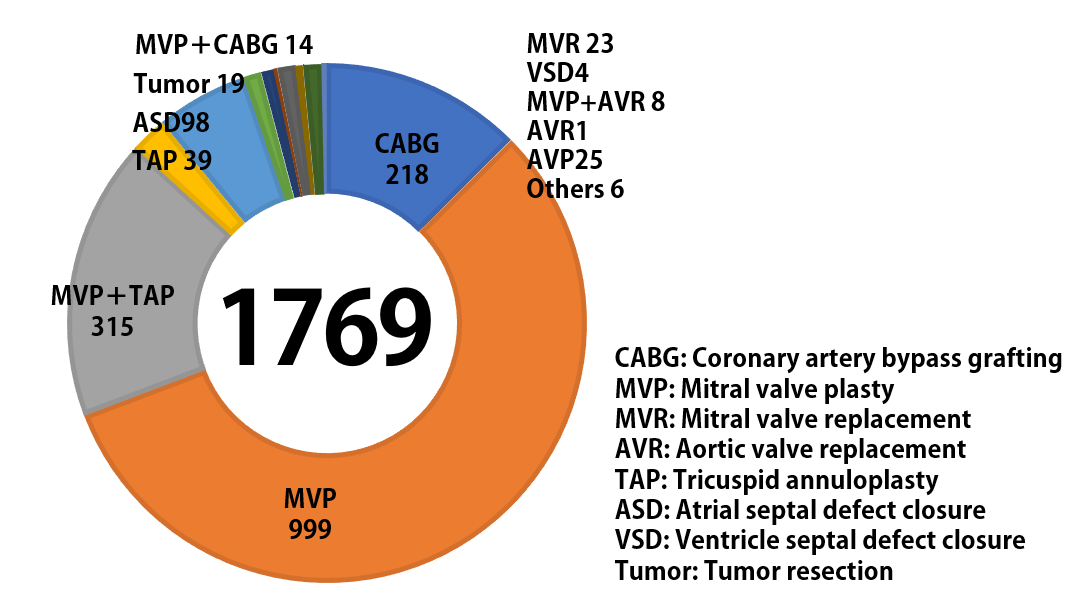
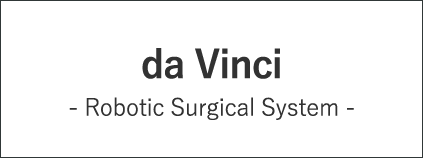
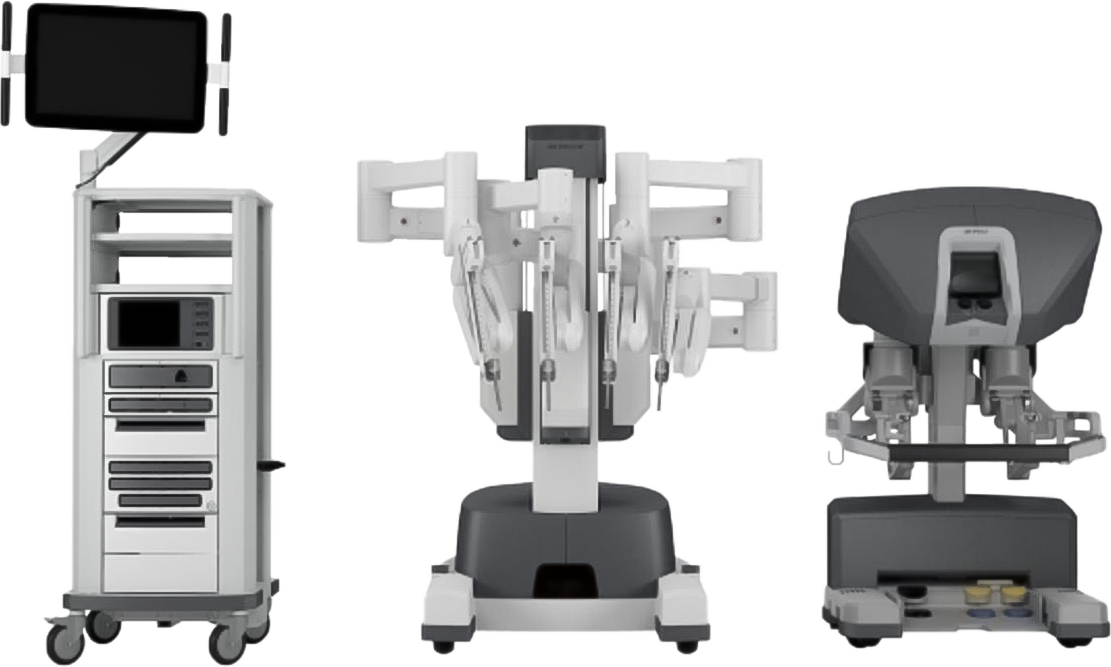
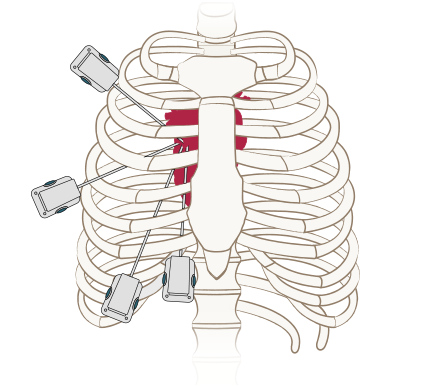
Achieved smaller incisions by expanding the limitations of traditional laparoscopic approaches.
In da Vinci robotic surgery, operation will be performed from only 3 small incisions. Without cutting the sternum, it offers patients with possibility of decreases postoperative pain and shorter hospital stay.
Robotic surgery is a highly technical approach to minimally-invasive surgery, with only 3 smaller incisions(1cm), less scarring, decreased postoperative pain, and shorter hospital stay. With 3D imaging with 10X magnification that enables our surgeons to visualize much greater detail than is possible with the naked eye, it provides high-definition and further, accurate movement of forceps.
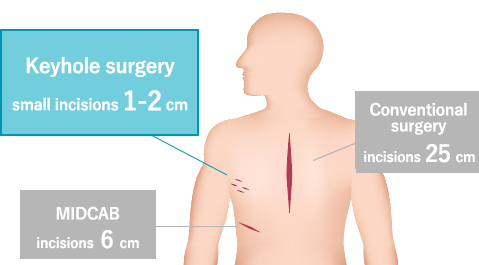
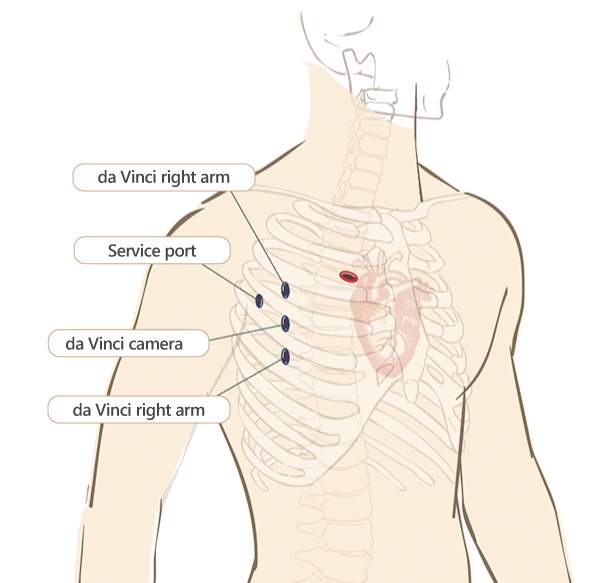
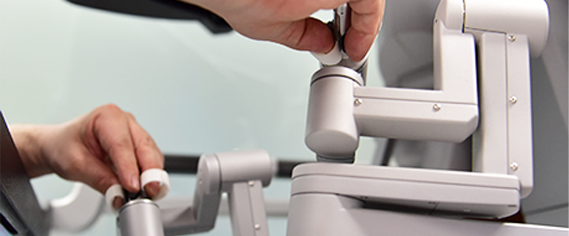
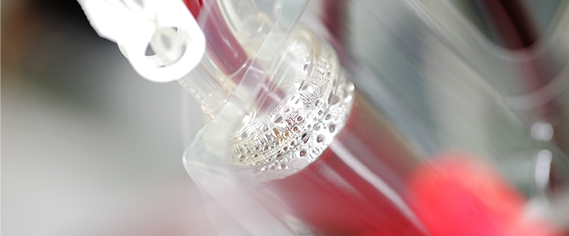
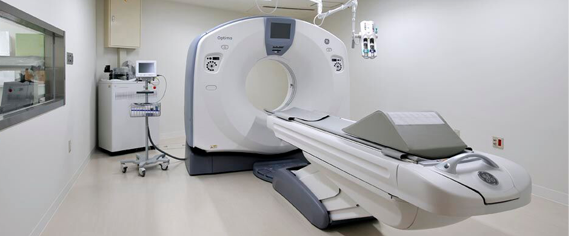

Annuloplasty – typically involves the implantation of a device surrounding the mitral valve
Replacement – remove valve and replace with prosthetic valve (tissue heart valve or mechanic valve)
Traditional approach vs. da Vinci keyhole surgery
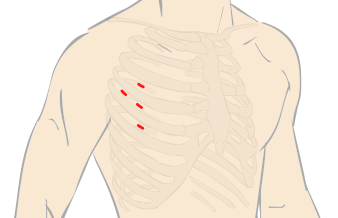
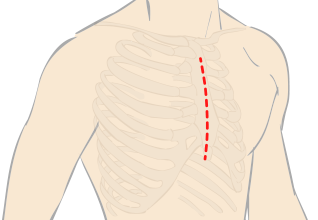
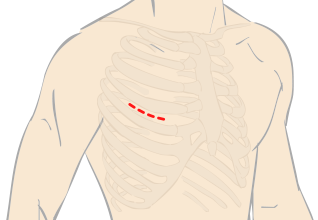
Postoperative recovery and discharge after 3-8 days.
First - Determine your best treatment plan
Next
5-8 days after the surgery
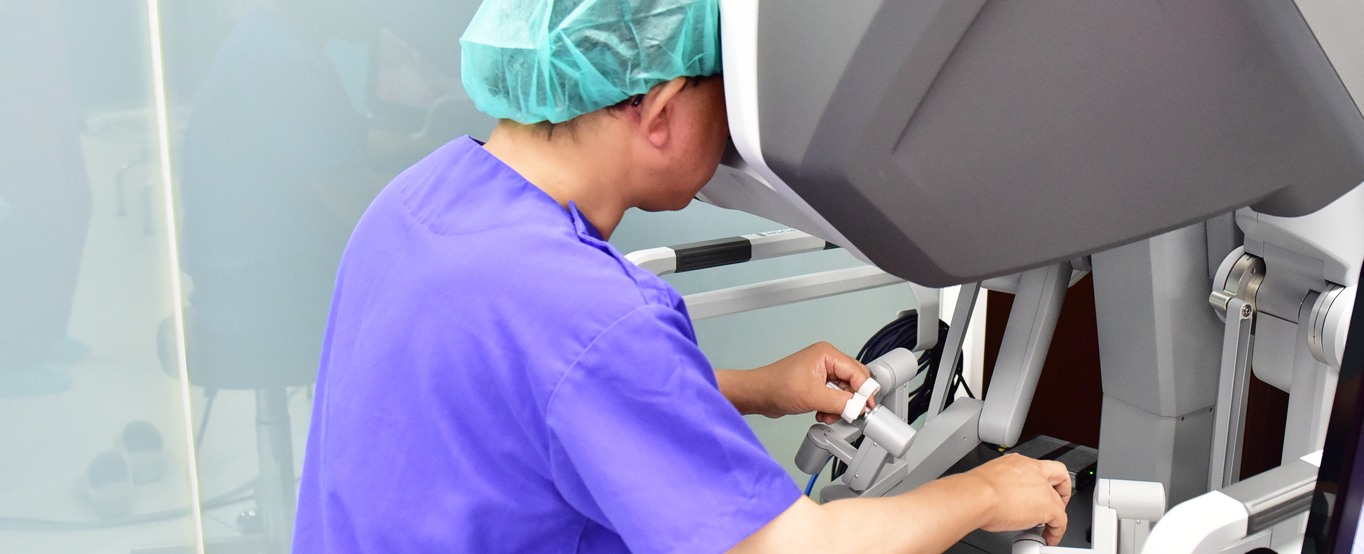
less noticeable scars
da Vinci Surgical System
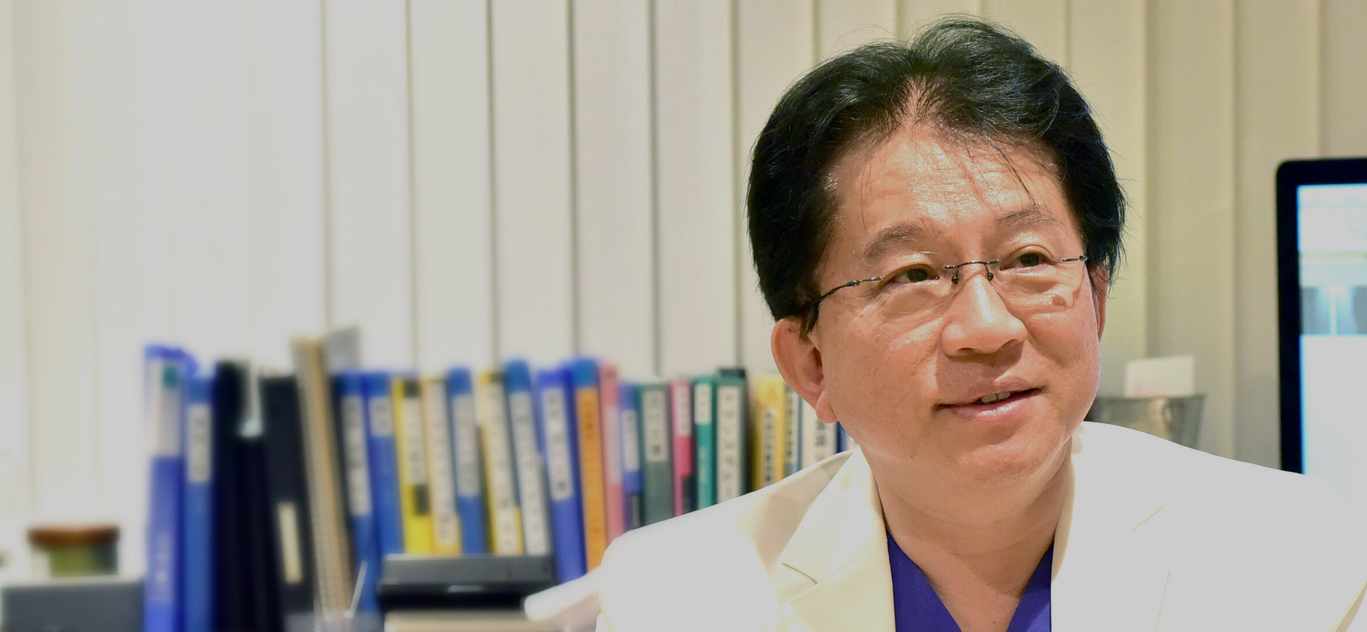
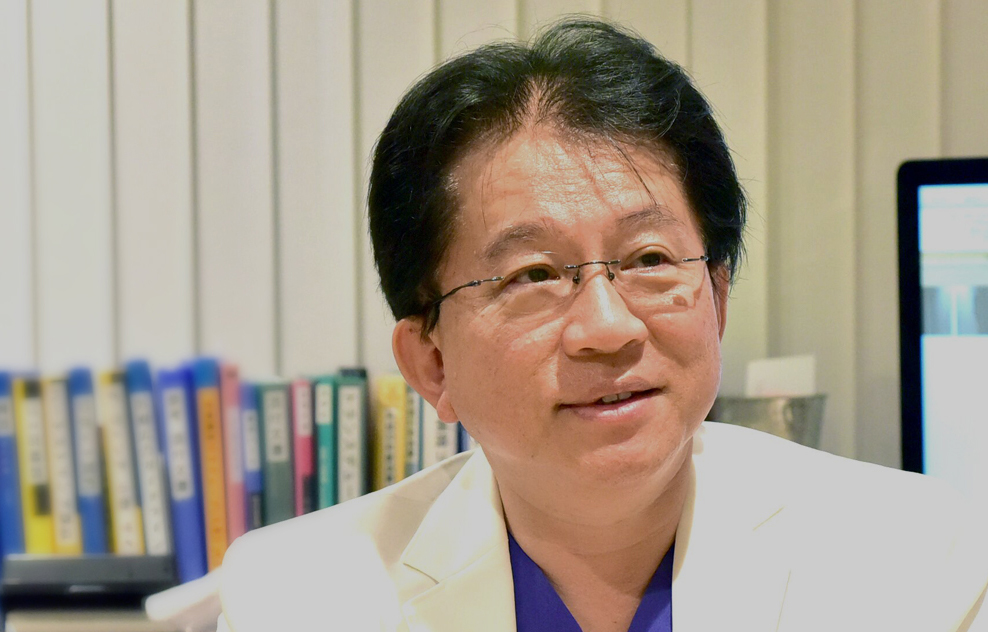
チーム・ワタナベの医療
Director, NewHeart Watanabe Institute
Go Watanabe
ProfileDirector, NewHeart Watanabe Institute
Go Watanabe
ProfileIn addition to the world-class surgeons, Team Watanabe include expert physicians, surgical nurses, anesthesiologists and surgical technicians to ensure our patients are cared for by a highly specialized team. We received additional education and training regarding the utilization of the robotic surgery systems for particularly focused on patient safety. We all gathered in Tokyo to achieve the highest in quality outcomes.
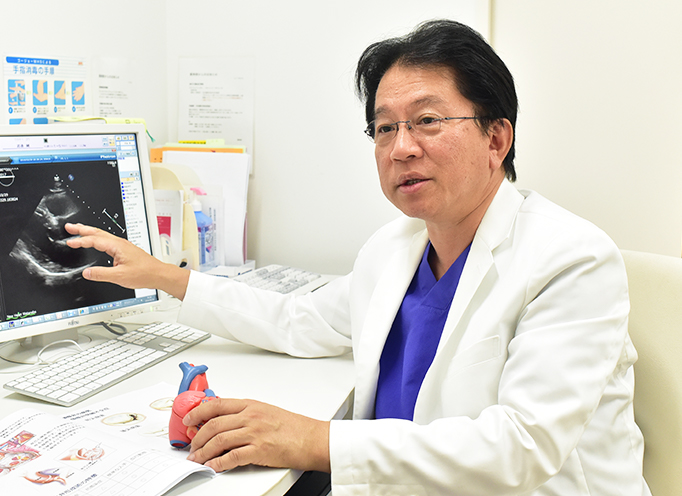
Cardiac surgery has been traditionally performed through an “open procedure” where a long incision is made to gain access to the heart. On the other hand, in da Vinci keyhole surgery, it allows doctors to perform many types of complex procedures with more precision, flexibility and control than is possible with conventional techniques. It gives many patients with the possibility of fewer complications, less pain and blood loss, quicker recovery.
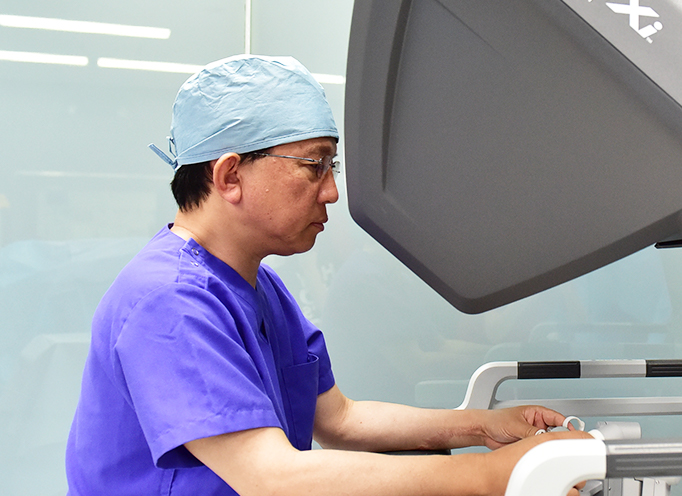
While there is yet a few hospitals where patients have choice of robotic heart surgery in Japan, we are honored with top-ranked number of cases and successful rate. As of July 2019, we have performed 694 robotic surgery procedures from 2014. In order to give patients’ choice of better option, our team is here. Robotic surgery could be another option for you.
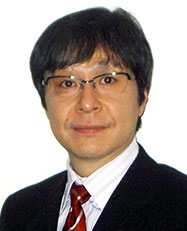
Toshiya Ohtsuka, M.D., Ph.D.
Vice Director and Chief of Wolf-Ohtsuka TTAF Center
Profile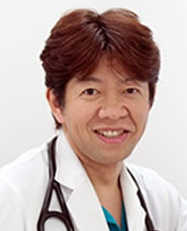
Shigeyuki Tomita, M.D., Ph.D.
Vice Director, Director in Department of Cardiovascular Surgery
Profile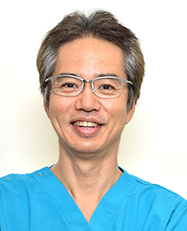
Kazuto Miyata, M.D., Ph.D.
Vice Director and Director in Department of Anesthesia
Profile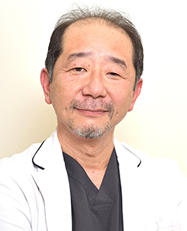
Norihiko Ishikawa, M.D., Ph.D.
Vice Director, Director in Department of Endocrine and Thoracic Surgery and Dept. of Robotic Surgery, and Director in Department of International Medical Care
Profile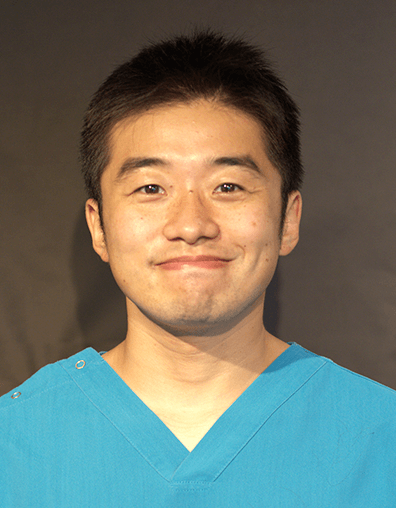
Ryuta Seguchi, M.D., Ph.D.
Profile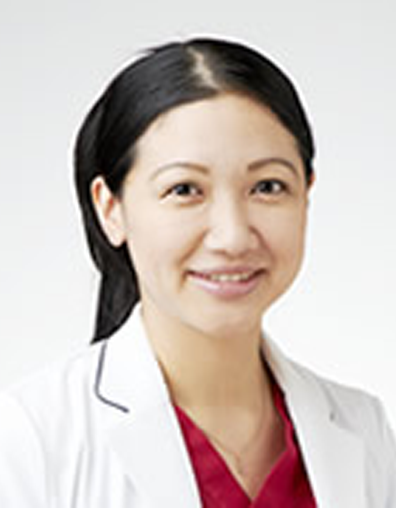
Asuka Shigematsu, M.D.
Profile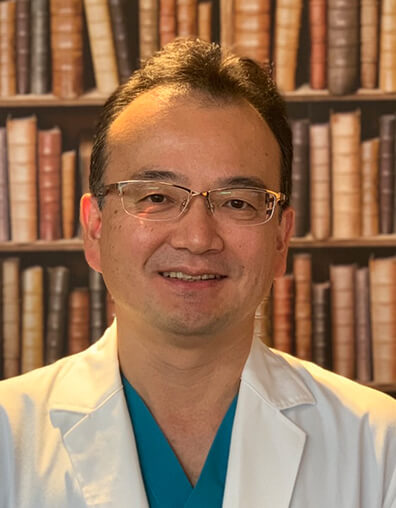
Nobuyuki Kuroiwa, M.D.
Profile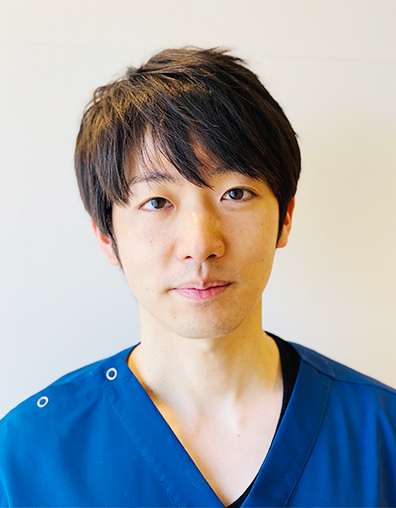
Takafumi Horikawa, M.D.
Profile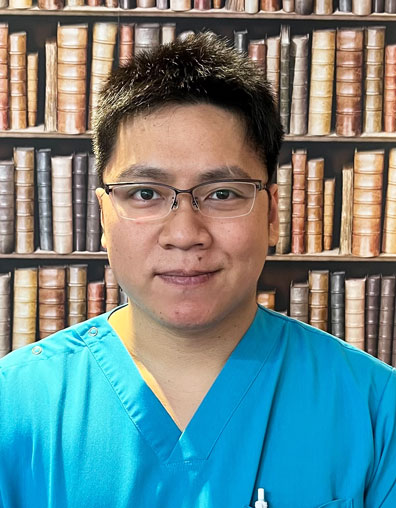
Noueru Shibayama, M.D.
Profile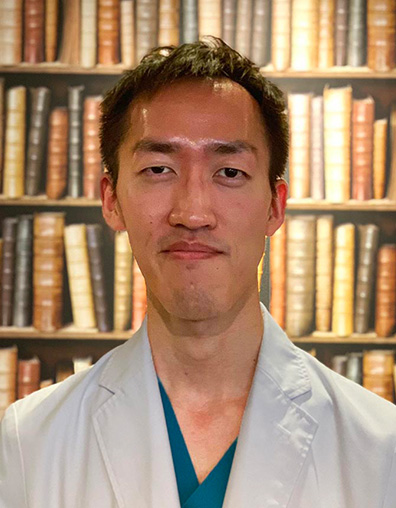
Toru Koakutsu, M.D.
Profile
Daiki Yoshiyama, M.D.
Profile
Junichi Kon, M.D.
Profile
Tatsuya Sugimoto, M.D.
Profile
Jaewon Park, M.D.
Profile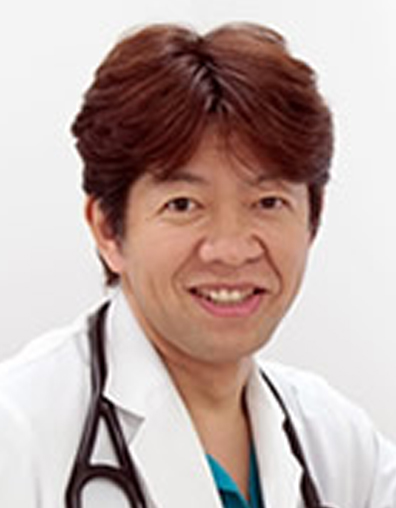
NewHeart Watanabe Institute
Shigeyuki Tomita, M.D., Ph.D.
Vice Director, Director in Department of Cardiovascular Surgery
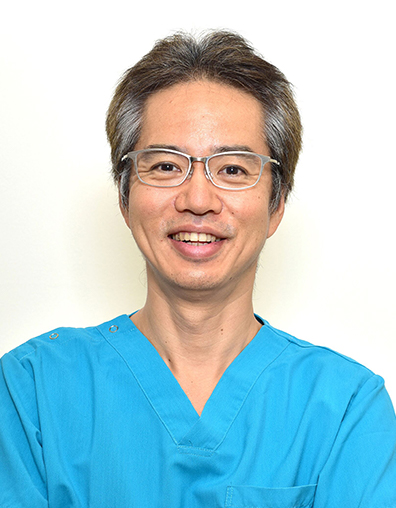
NewHeart Watanabe Institute
Kazuto Miyata, M.D., Ph.D.
Vice Director and Director in Department of Anesthesia
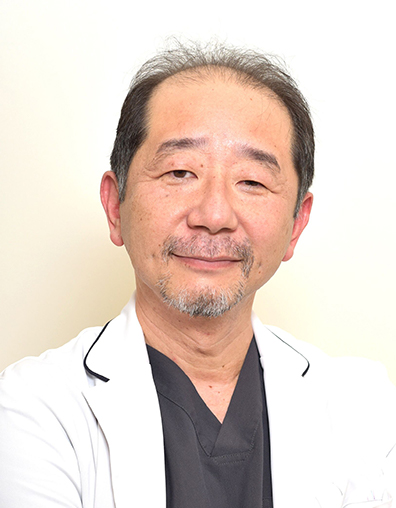
NewHeart Watanabe Institute
Norihiko Ishikawa, M.D., Ph.D.
Vice Director, Director in Department of Endocrine and Thoracic Surgery and Dept. of Robotic Surgery, and Director in Department of International Medical Care
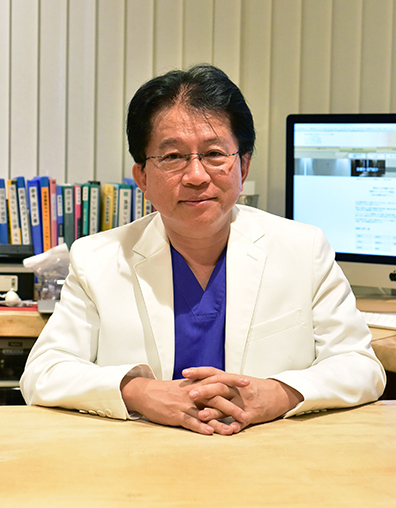
NewHeart Watanabe Institute
Go Watanabe
Director
After finished his degree in medicine at Kanazawa University, Dr. Watanabe took clinical fellowship program in department of cardiac surgery at Hannover Medical University in Germany. At the age of 32, he was successful and youngest cardiac transplant surgeon. After finished his fellowship at Hannover Medical University, he succeed in OPCAB (Off-Pump Coronary Artery Bypass grafting). He also served as professor of Cardiac Surgery, Tokyo Medical University.


NewHeart Watanabe Institute
Ryuta Seguchi, M.D., Ph.D.

NewHeart Watanabe Institute
Asuka Shigematsu, M.D.
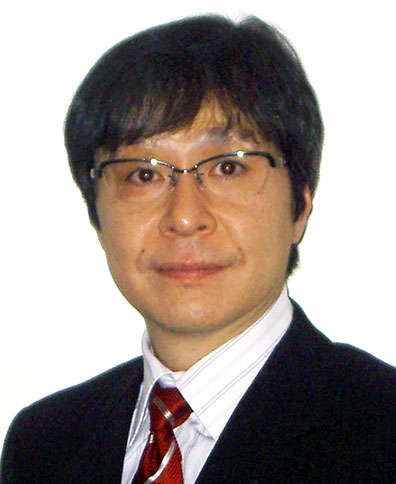
NewHeart Watanabe Institute
Toshiya Ohtsuka, M.D., Ph.D.
Vice Director and Chief of Wolf-Ohtsuka TTAF Center
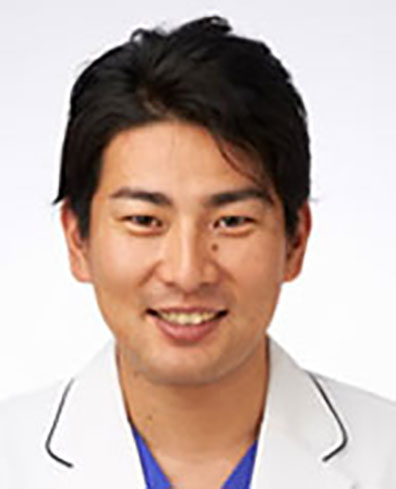
NewHeart Watanabe Institute
Tatsuya Tarui, M.D., Ph.D.

NewHeart Watanabe Institute
Nobuyuki Kuroiwa, M.D.

NewHeart Watanabe Institute
Takafumi Horikawa, M.D.

NewHeart Watanabe Institute
Noueru Shibayama, M.D.

NewHeart Watanabe Institute
Toru Koakutsu, M.D.

NewHeart Watanabe Institute
Daiki Yoshiyama, M.D.

NewHeart Watanabe Institute
Junichi Kon, M.D.

NewHeart Watanabe Institute
Tatsuya Sugimoto, M.D.

NewHeart Watanabe Institute
Jaewon Park, M.D.
My treating physician offered me the median sternotomy surgery only. Is there any other procedures with smaller incision?
Robotic heart surgery is not suitable for all heart diseases but it could be your choice. Please contact us for availability.
Do I have to have referral from my current treating physician?
Referral is not essential.
If I decide to receive surgery at NewHeart Watanabe Institute, how many times do I have to visit clinic before admitted for surgery?
Usually once is enough. Some examinations such as catheter angiography, require hospital stay; however, we can ask your treating physicians for recent imaging if that works.
How many times do I have to visit clinic before the surgery?
Usually one-time visit will be enough before you admit to the hospital.
Can I request a second opinion?
Getting a second opinion can help patients make important treatment decisions and can provide peace of mind. Your second opinion will be provided by our team. Please talk to your current physician for the items needed for us to complete your second opinion including: medical records, recent imaging, and referral from a treating physician.
How long will it take until I get treatment?
Please contact us and try to schedule you in within a month. For urgent cases such as ischemic heart disease, please let us know.
I have Japanese insurance, how much the treatment cost will be?
It depends on your insurance coverage. Please see this page for further information.
I do not have Japanese insurance, but can I receive a surgery?
Yes, you can. Please contact us about the bill.
How long is the operative duration?
Usually 2-3 hours depending on patient’s complication and surgical approach.
When can I discharge from the hospital?
3 to 8 days after the robotic surgery; 2 weeks after the median sternotomy surgery.
Patients will stay at ICU on the night of surgery and will walk out from ICU and stay at patients’ room on the next day.
I cannot get a blood transfusion but can I have a surgery?
Yes, you can. We have done some cardiac surgeries on patients with no blood transfusion because of what they believe in.
Do you offer vegetarian, vegan, or halal options?
Currently we do not offer Halal certified food, but you are welcome to enjoy the vegetarian alternatives.
